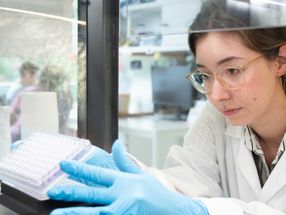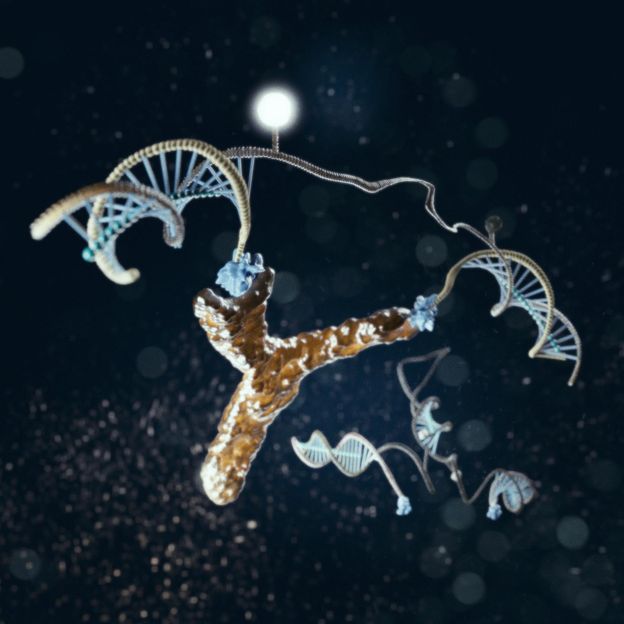AbD Serotec and Merck Sign License Agreement for Use of HuCAL GOLD in Vaccine Research
Advertisement
MorphoSys AG announced that its research and diagnostic antibody unit AbD Serotec has amended its existing license agreement with Merck & Co., Inc. to include the use of MorphoSys's HuCAL GOLD technology in the field of vaccines. Under the terms of the agreement, Merck is granted access to HuCAL GOLD for research purposes, with the option to upgrade to MorphoSys's latest proprietary antibody library HuCAL PLATINUM. MorphoSys's research and diagnostic antibody segment AbD Serotec will receive annual user fees from Merck for access to the HuCAL technology and license fees for clinical monitoring reagents. Further financial details were not disclosed.
"We welcome Merck's decision to continue using the HuCAL technology on the research side as a tool to support their vaccine development activities. It is a clear sign of the sustained interest of the pharmaceutical industry in our leading antibody technology," commented Dieter Feger, Senior Vice President and Head of AbD Serotec.
Other news from the department business & finance
Most read news
More news from our other portals
See the theme worlds for related content
Topic world Antibodies
Antibodies are specialized molecules of our immune system that can specifically recognize and neutralize pathogens or foreign substances. Antibody research in biotech and pharma has recognized this natural defense potential and is working intensively to make it therapeutically useful. From monoclonal antibodies used against cancer or autoimmune diseases to antibody-drug conjugates that specifically transport drugs to disease cells - the possibilities are enormous

Topic world Antibodies
Antibodies are specialized molecules of our immune system that can specifically recognize and neutralize pathogens or foreign substances. Antibody research in biotech and pharma has recognized this natural defense potential and is working intensively to make it therapeutically useful. From monoclonal antibodies used against cancer or autoimmune diseases to antibody-drug conjugates that specifically transport drugs to disease cells - the possibilities are enormous



























































